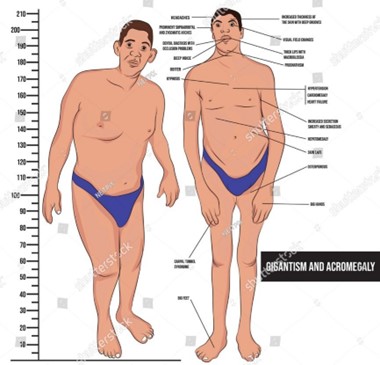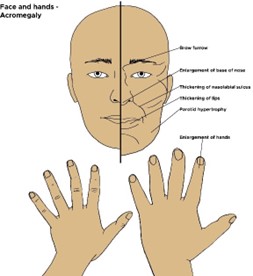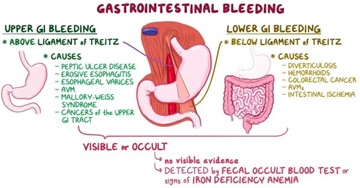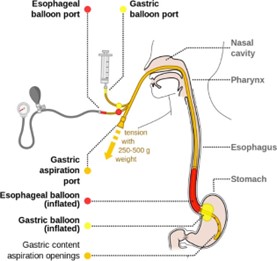A patient with suspected acromegaly is seen at the clinic. To assist in making the diagnosis, which question should the nurse ask?
"Do you have to wear larger shoes now?"
“Are you experiencing tremors or anxiety.”
“Is there any family history of acromegaly?”
"Have you had a recent head injury?"
The Correct Answer is A
acromegaly typically causes an enlargement of the hands and feet. The nurse can inquire if the patient has noticed any changes in shoe size, as this may indicate abnormal growth.
"Are you experiencing tremors or anxiety" is not directly related to acromegaly, and although anxiety can be associated with some medical conditions, it is not a typical symptom of acromegaly.
"Is there any family history of acromegaly?" is also a relevant question, as acromegaly can be caused by a genetic disorder. If the patient has a family history of the condition, this may increase their risk of developing it.
"Have you had a recent head injury?" is not specifically related to acromegaly, although head trauma can cause a variety of medical conditions.
Overall, option a. is the most relevant question to ask a patient with suspected acromegaly.


Nursing Test Bank
Naxlex Comprehensive Predictor Exams
Related Questions
Correct Answer is D
Explanation
Coffee-ground material in the NG suction indicates that there is active bleeding in the upper gastrointestinal tract, which could be a life-threatening situation. This requires immediate medical attention and intervention to control the bleeding and stabilize the patient.
Options A, B, and C are also important assessment data, but they are not as urgent as option D in this scenario.


Correct Answer is D
Explanation
Although increasing fluid intake and fiber intake are important interventions for preventing constipation, it is important to first assess the patient's current situation and risk factors for constipation. Additionally, while a daily bowel movement is not necessary for everyone, it is important to understand the patient's usual bowel habits and whether or not their current regimen is effective for them. Therefore, the nurse should perform a focused nursing assessment to identify the patient's risk factors for constipation and evaluate their current bowel regimen before providing specific interventions or recommendations.
Whether you are a student looking to ace your exams or a practicing nurse seeking to enhance your expertise , our nursing education contents will empower you with the confidence and competence to make a difference in the lives of patients and become a respected leader in the healthcare field.
Visit Naxlex, invest in your future and unlock endless possibilities with our unparalleled nursing education contents today
Report Wrong Answer on the Current Question
Do you disagree with the answer? If yes, what is your expected answer? Explain.
Kindly be descriptive with the issue you are facing.
